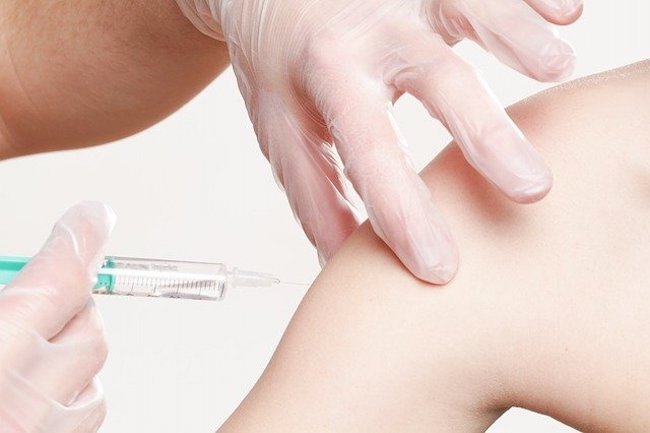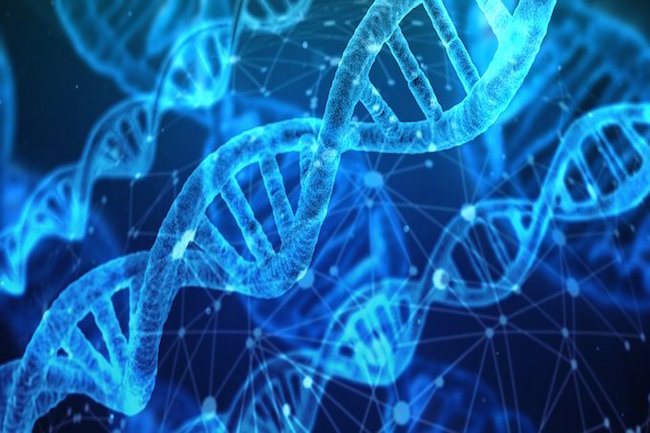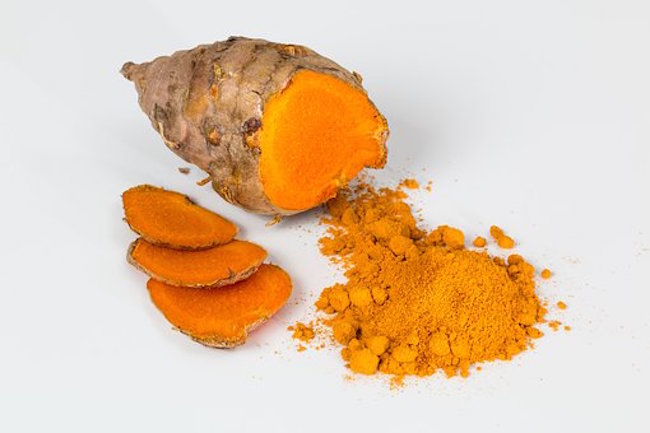Are These GMO Meatless Burgers Safe to Eat? The FDA Isn’t Sure by for Natural Society
The FDA informed the manufacturer of Impossible Burger – a meat-like burger made using only plants – that it had not yet proven that the product’s key genetically modified (GM) ingredient is safe for consumption. The company, Impossible Foods, decided it knew better and launched the product anyway. [1]
Impossible Foods says on its website that it is “on a mission to make the global food system more sustainable.”
Support Our Site

Now is your chance to support Gospel News Network.
We love helping others and believe that’s one of the reasons we are chosen as Ambassadors of the Kingdom, to serve God’s children. We look to the Greatest Commandment as our Powering force.
The company claims the Impossible Burger:
“…uses about 75% less water, generates about 87% fewer greenhouse gases and requires around 95% less land than conventional ground beef from cows. It’s produced without hormones, antibiotics, cholesterol or artificial flavors.”
The GMO faux-meat burgers are available at 43 restaurants nationwide, including several burger chains.
Documents obtained by ETC Group and Friends of the Earth U.S. through the Freedom of Information Act (FOIA) show Impossible Foods submitted an application to the FDA seeking GRAS (generally recognized as safe) status for SLH in 2014. The GRAS notification policy allows food manufacturers to decide for itself, independently of the FDA, whether or not a product is safe.
However, the FDA warned the company that SLH would not meet the basic GRAS status. The documents state:
“FDA believes that the arguments presented, individually and collectively do not establish the safety of SLH for consumption, nor do they point to a general recognition of safety.”
Impossible Foods maintains that its SLH/heme is identical to the SLH already in the food supply, but Impossible Foods had no safety testing data to support that claim, said Michael Hansen, a senior scientist at Consumers Union.




